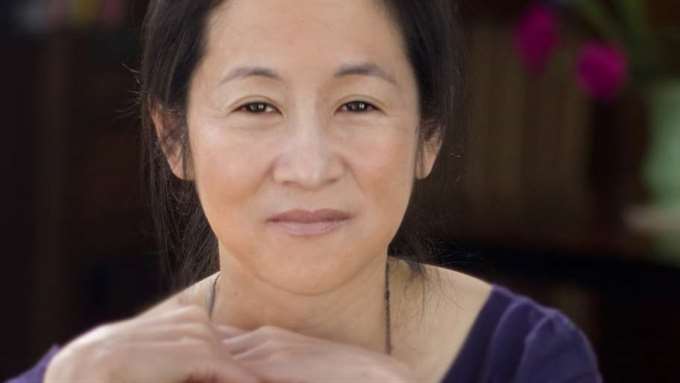On Oct. 18, award-winning author Julie Otsuka visited the California State University, Monterey Bay (CSUMB) campus to discuss with students her novel, When the Emperor Was Divine. Otsuka’s famous novel, which is a fictional take on her mother’s family’s experiences in the Japanese internment camps during World War II (WWII), was selected for the 2018 CSUMB common read, and her visit allowed students of all backgrounds and opinions to have their questions about the novel answered.
Otsuka began the discussion by retelling some events that occurred in relation to her family being detained in the Japanese internment camps after the attack on Pearl Harbor. Her family was deeply impacted by the turmoil of the time; her grandfather, for example, was one of the first 1,200 people of Japanese descent who were arrested after the attack on Pearl Harbor.
Otsuka’s mother was one of the Japanese citizens detained during this period as well, and her story is deeply important and influential in Otsuka’s life. When writing When the Emperor was Divine, Otsuka says she “wrote a bit of herself into every character,” furthering her investment into her mother’s story.
A topic that was especially thought-provoking was how her mother’s time in the camp influenced the way Otsuka was later raised. Otsuka explained that many Japanese chose to remain silent about their ordeals, and instead wanted to blend in as much as possible with “mainstream, white America.” Otsuka was given an American name, Julie, at birth, practiced American traditions such as Christmas, and spoke English even though her parents’ first language was Japanese. Essentially, the events during WWII caused Otsuka’s mother to denounce her own culture.
Otsuka also believes her mother’s story is important because it is so timely. Parallels can be seen in how the way the Japanese citizens were treated can be compared to how Muslims, people of Arabic descent, and Latinx peoples are treated in modern America. Otsuka said that these parallels had caused her to become “hyper-tuned to race…more so after writing [the] book.”
Otsuka stressed the importance of learning from our history several times throughout the discussion, including during the question and answer session in which members of the audience were allowed to ask Otsuka questions about her book.
A student asked Otsuka, “How did this story affect the way you see the world today?” Otsuka had much to say about this topic, including that she “thought for the longest time it was just an episode from the past…but I think it is relevant more now than ever.”

